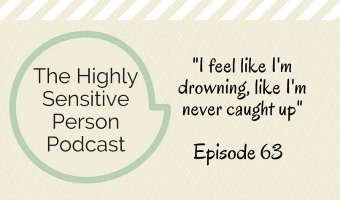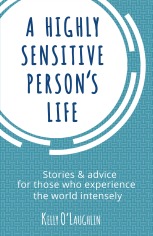Subscribe: iTunes | Android | RSS
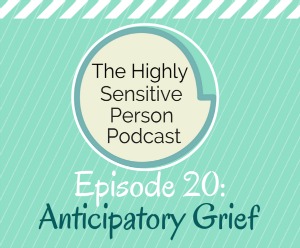 Anticipatory grief is a grief reaction that occurs before an impending loss, typically, the death of someone close to you. This episode is about how us HSPs can experience this grief more than others, and not just about death.
Anticipatory grief is a grief reaction that occurs before an impending loss, typically, the death of someone close to you. This episode is about how us HSPs can experience this grief more than others, and not just about death.
If you like the podcast, please leave a positive review on iTunes!
Sign up for the twice-monthly newsletter to be notified of the latest blog posts, podcast episodes, and HSP news.
Resources mentioned in this episode:
Related posts on this blog:
Do you like the show? |
Podcast music attribution: By the Coast (2004) (Antony Raijekov) / CC BY-NC 2.5

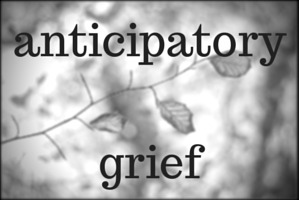
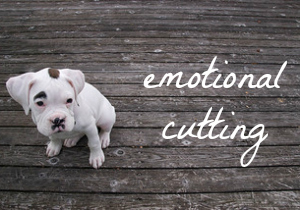 A couple months ago, I fostered a dog and
A couple months ago, I fostered a dog and 